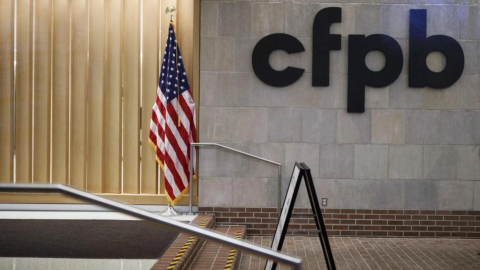The Consumer Financial Protection Bureau (CFPB) has finalized a rule that will enable it to oversee major tech companies like Apple and Google that provide digital payment apps and wallets.
According to the CFPB, services such as Apple Pay and PayPal have significantly increased their market share in recent years, leading to a blurring of the lines between traditional banking, payments, and commercial activities. However, these entities in the payment sector have not been subjected to the same regulatory oversight as banks and credit unions.
The new regulation aims to ensure that these nonbank players adhere to federal laws in the same way that large banks and credit unions already are. Initially, the CFPB proposed the rule for services processing over five million transactions per year, but the threshold was raised to 50 million, impacting seven providers: Apple, Google, Amazon, PayPal, Venmo, Block, and Zelle.
“Digital payments have gone from novelty to necessity, and our oversight must reflect this reality,” said CFPB Director Rohit Chopra. He emphasized that the rule is intended to protect consumer privacy, guard against fraud, and prevent illegal account closures.
Set to take effect 30 days after publication in the Federal Register, the rule will allow the CFPB to supervise these providers concerning privacy issues, errors and fraud, and debanking.
However, Financial Technology Association CEO Penny Lee has expressed criticism of the rule, stating that “it’s not clear what problem” it aims to solve. She labeled it as “deeply flawed” and warned that it could lead to reduced competition, fewer services, and higher prices. “We urge the Bureau to withdraw this rule,” she concluded.
